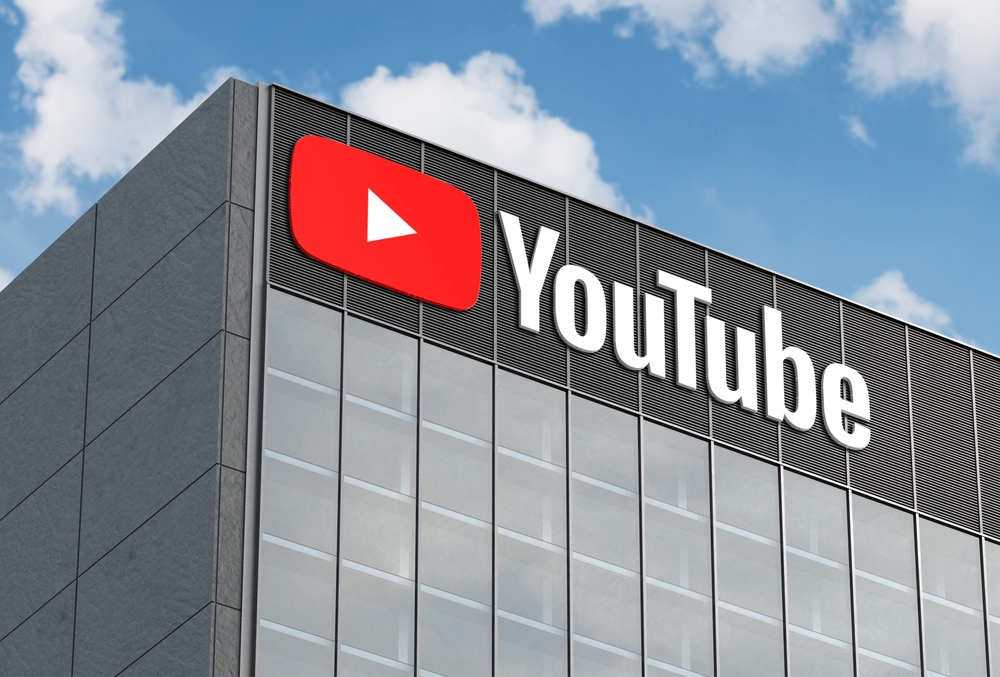YouTube, following Meta, has implemented a policy to combat content created using artificial intelligence (AI). Users can now demand the removal of materials in which AI or other synthetic technologies imitate their face or voice. This measure is part of YouTube’s broader strategy to use AI responsibly, although the process for removing such material will not be automatic.
Protecting Privacy with New Policy
On June 1, 2023, YouTube introduced significant changes to its policy. Users now have a powerful tool to protect their privacy—the ability to request the removal of content in which AI or synthetic technologies imitate their face or voice. This serious expansion of the initiative for the responsible use of AI was first announced in November 2022.

YouTube treats these requests as privacy violations rather than complaints about misinformation, like deepfakes. According to updated help documentation, typically, only the victim can initiate the removal of content. Exceptions exist for minors, people without computer access, the deceased, and other special cases.
However, the process is not immediate. YouTube carefully considers whether the content is synthetic or AI-generated, if it identifies a person, and if it could be seen as parody, satire, or something of public interest. Factors like whether the AI-generated material depicts a known individual in compromising situations are also evaluated. This is especially relevant ahead of the November elections in the United States.
We’ll keep you updated on further developments and any adjustments to this policy.
The Process and Implications
When users upload controversial content, YouTube gives them 48 hours to remove it. If they comply, the complaint is closed. Otherwise, YouTube begins its review. The company warns that removal means the video is taken down entirely, and personal information may be removed from titles, descriptions, and tags. Users can blur faces in their videos, but making a video private does not comply with the requirement.
Despite this policy, YouTube remains active in experimenting with generative AI, developing systems for summarizing comments and creating dialogue systems for interacting with video content, notes NIXsolutions. However, content labeled as AI-generated is not immune from removal and must comply with general community guidelines.
Privacy complaints are handled separately from community rule violations and do not automatically result in restrictions for the offending channel. YouTube Privacy Guidelines differ from Community Guidelines, meaning content may be removed for privacy reasons even if it does not violate community rules. While no penalties like upload restrictions are imposed after removing controversial videos, YouTube reserves the right to act against repeat violators.
